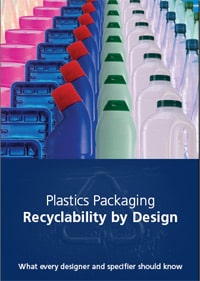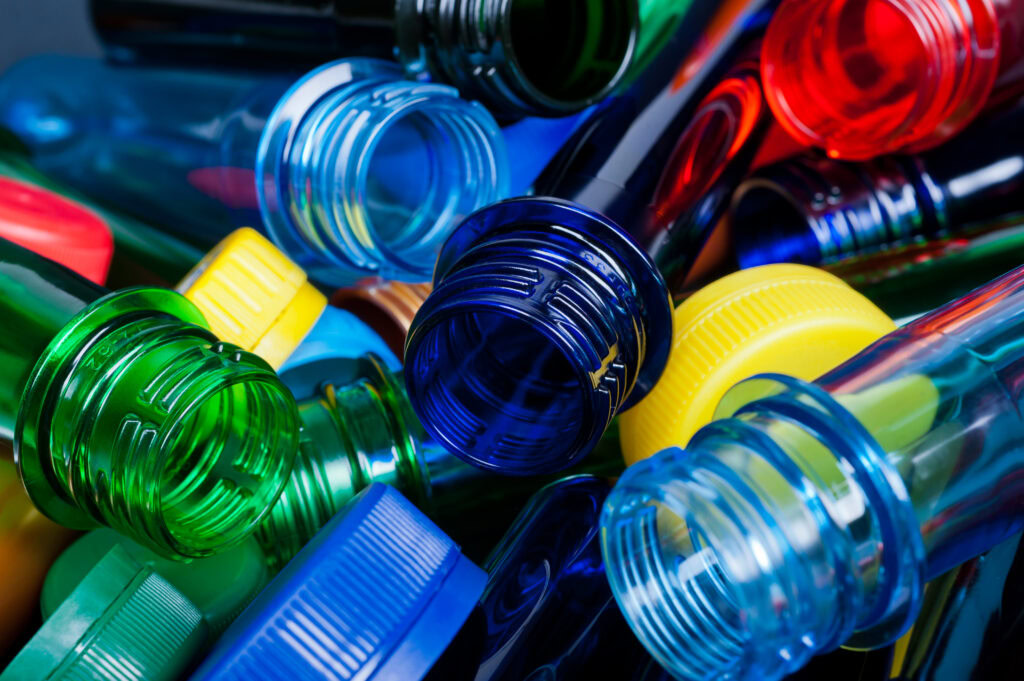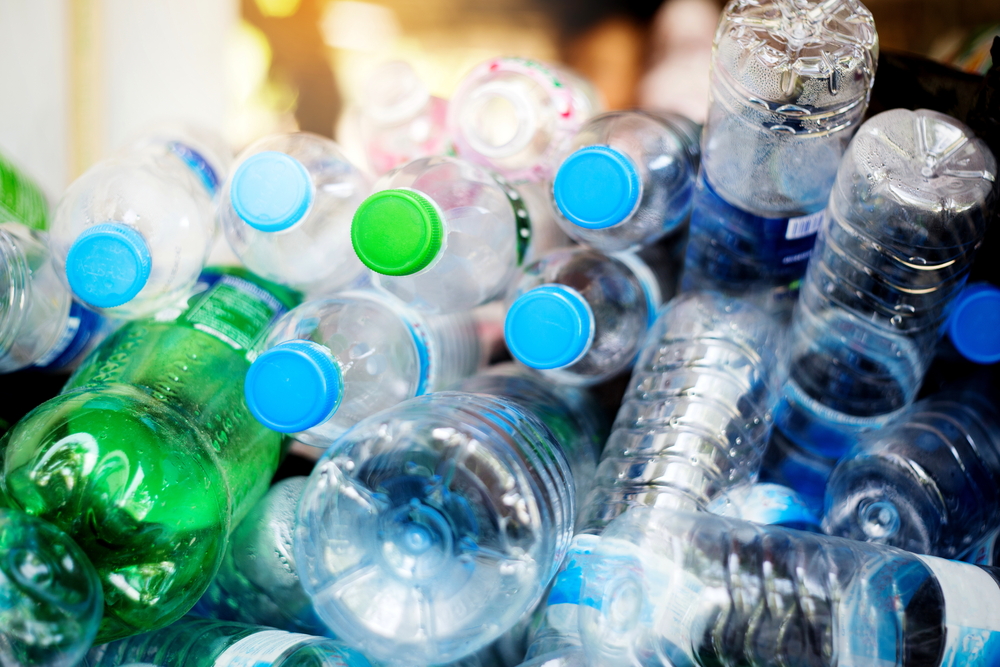National plastic recycling organisation Recoup unveiled a raft of information and guidelines yesterday, which shows how to design plastic packaging to be easily recycled.
 Recoup's new guidance for plastic packaging designers suggests minimising glues and labels |
The document, entitled Plastic Packaging: Recyclability by Design, was developed by international recycling experts for use across Europe. For the first time, it pulls together commonly-agreed international best practice on designing packaging for recycling.
It includes general guidelines, such as the suggestion that designers minimise their use of glues and labels.
Labels
The use of paper labels should be avoided where possible, the guide says, since paper fibres can interfere with recycled plastics when they are being moulded. When using glues to fasten labels to packs, the glues should be soluble so that labels can be removed in the washing process.
Designers are also encouraged to avoid using heavily-coloured plastics, which can make it difficult for automatic sorting machines in the recycling process, and use materials of the same type in a single pack.
The guidance also provides specific information for each type of commonly-used packaging plastic.
Andrew Simmons, chief executive of Peterborough-based Recoup, said: “One of our key messages is that these considerations about the environmental impacts should be built into the design process from the start, they should not be an after-thought.”
Legal requirements
Dr Steve Anderson, who helped develop the document on behalf of Recoup, said that as well as being beneficial to the environment, the new guidelines would help the packaging industry meet legal requirements that their products do not hinder the recycling process.
He said: “At a regulatory level, there is a need to comply with the Essential Requirements for Packaging in Europe, which in part means packs should not interfere with recycling streams.”
The project was funded by sponsorship from household cleaning products manufacturer Reckitt Benckiser, as part of a programme of work to support the recycling of plastic packaging.
“Trade-offs”
Recoup accepted that in some cases, making a pack more recyclable might have implications for other environmental impacts of the packaging, such as in materials or energy usage.
| Related links: |
But, Mr Simmons said: “That doesn't mean we can't make recycling easier where that's appropriate”.
He said: “In the case of high performance laminates and biodegradable polymers, for example, there will be trade-offs that will be necessary. It is important that businesses understand these issues at the planning stage and do not wait until the product is on the market to discover that their packaging presents problems in recycling streams.”










Subscribe for free